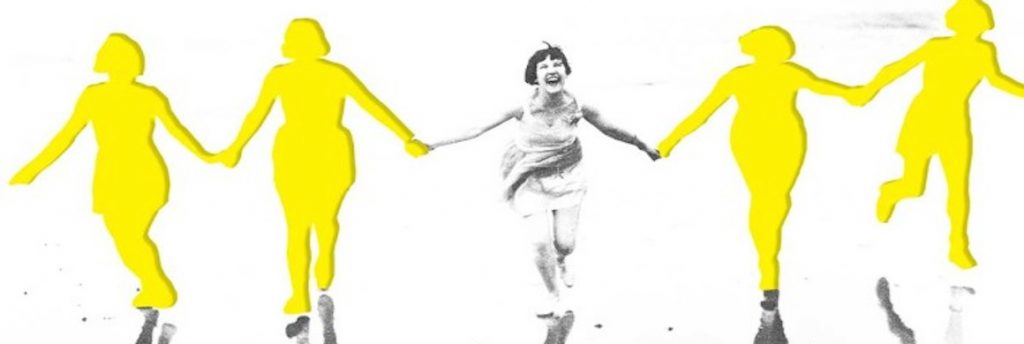Think you’re Mr. or Ms. Popular?
Think again.
Alex “Sandy” Pentland recently published an article on the Harvard Business School blog investigating research that exposes the fallacy of how friendship is often both perceived and performed in society.
Check your contacts and reconsider reciprocity because, according to a recent study, only about half of friendships are indeed two-way streets.
According to the Pentland, so-called “asymmetric friendships” can severely affect “the ability of an individual to persuade others to cooperate or change their behavior,” which is critical to organizational and social change.
The confusion inherent to the directionality of the friendship – “which way friendship is perceived between two people” – impairs the efficacy of peer support groups, for instance.
Fitness “buddy systems,” for instance, are most effective, according to the article, when the “friendship tie” was from the subject (“the person receiving the pressure”) to the buddy (“the person applying peer pressure”).
“While it is best to have a reciprocal friendship, having a buddy who thinks of their subject as a friend is the next best relationship.”
According to the article, two facts from the findings will help mitigate the unreliability of perception in these potentially “asymmetric friendships.”
- Avoid assuming people with large social networks actually wield any influence, as “many of those ties either are not reciprocal or go in the wrong direction.” The research suggests that buddies should instead seek out “peers, with about the same number of friends and many friends in common.”
- Instead of trying to impress the company fat cats, build “consensus with peers who are part of your interaction networks.” Once you start to build momentum, the big wigs will be desperate to sit at the table with the new kids on the block.
When one internalizes the fact that reciprocity and directionality determine the actual value and influence of one’s social network, then behavioral and organizational change aren’t far behind.
